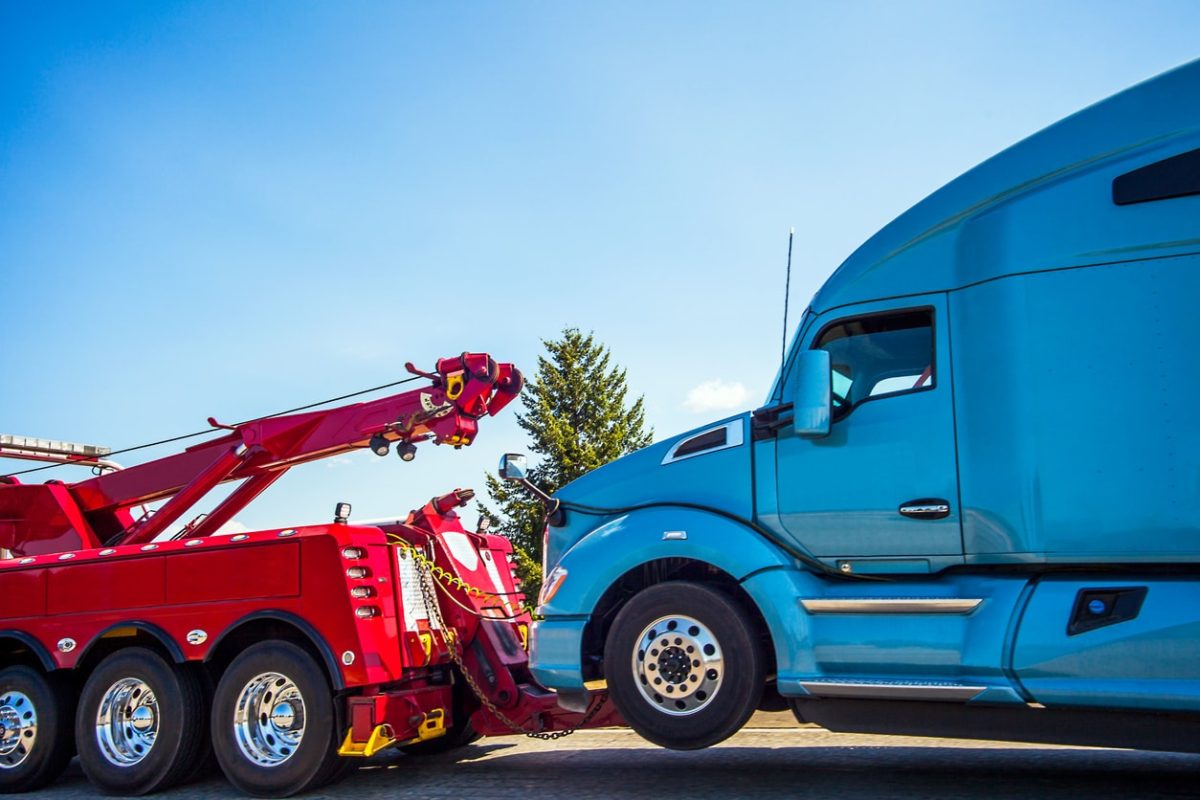After working in the towing industry for a period of time, you’re bound to pick up a shorthand for certain classifications, industry terms, and road service items. But with a new generation of drivers taking the wheel, it may seem like a bunch of jumbled letters thrown together. With this in mind, it’s probably best to hit the refresh button on those terms and become reacquainted with them.
Here are a number of industry terms for those in the towing industry that help to make things a little easier:
- 5P’s – The 5P’s refer to the planning for a vehicle recovery call including park, protect, police, plan, and pull.
- ANSI – This refers to the American National Standards Institute, which sets industry safety standards and classifications. Standards include ANSI Class I, II, and III traffic safety vests, for example.
- CCA – CCA or “cold cranking amps” refers to a standard measurement of a battery in a cold environment while also measuring the discharge load in amperes that a brand new, fully-charged battery can deliver for half a minute, all while maintaining terminal voltage that’s equal to or even higher than 1.20 volts per cell.
- BAC – While not specific to the towing industry, BAC stands for blood alcohol concentration, which can apply to basically anyone who gets behind any wheel, be it a tow truck or commuter car. A commercial driver, in this case, is deemed under the influence with a BAC of .04 percent.
- FMCSR – Commercial drivers have to adhere to a number of regulations set by a federal governing board. In this case it’s the Federal Motor Carrier Safety Regulations that sets national industry standards that every commercial motor carrier and driver must follow. The FMCSA develops and enforces data-driven regulations that encourage safety and efficiency on the road.
- DEF – Diesel exhaust fluid is a unique chemical solution added to diesel exhaust to lower harmful pollutants that diesel engines produce.
- PTO – In other industries, this would stand for “paid time off,” but in towing, it refers to power take-off, which is a device that transfers an engine’s mechanical power to another piece of equipment.
- MUTCD – The Manual on Uniform Traffic Control Devices is a handbook from the Federal Highway Administration that is a roadmap to help specify the standards by which traffic control devices are used (i.e. traffic cones and barricades).
- SAE – This is a professional association that produces standards for the auto industry. The Society of Automotive Engineers, as it’s known, sets standards for oil manufacturers, like SAE 5W30 oil.
- RISK – Okay, this last one isn’t really an abbreviation for anything, but it does stand for all the liabilities that are waiting for tow truck drivers and other commercial drivers on the road if tow truck insurance is not carried by those in the industry. Having tow truck insurance can help protect against the risks of getting behind the wheel and towing someone else’s car. Having this kind of insurance will help to keep drivers safeguarded from the multitude of risks on the road financially and reputationally.
These terms represent a small portion of a more complete list of others that are used every day on the road. It’s important to get familiar with them and learn more by keeping communication and curiosity open with others in the industry.
About Western Truck Insurance Services
Western Truck Insurance Services is a commercial truck insurance agency with roots dating back to 1954. We have evolved into a highly respected, professionally managed, truck and transportation insurance brokerage. The hallmark of our organization is our desire to provide unparalleled service. We go way beyond what you expect to receive from an insurance brokerage. Equipped with state of the art automation, Western Truck Insurance can provide you with lightning fast truck insurance quotes, customer service, Insurance certificates, and coverage changes.

